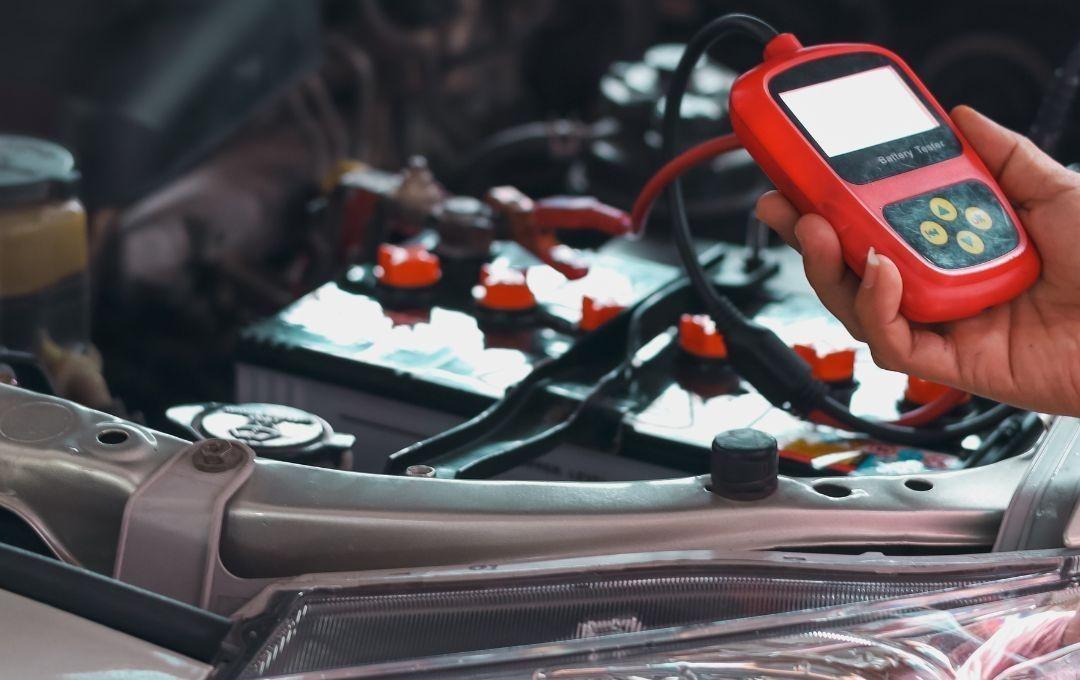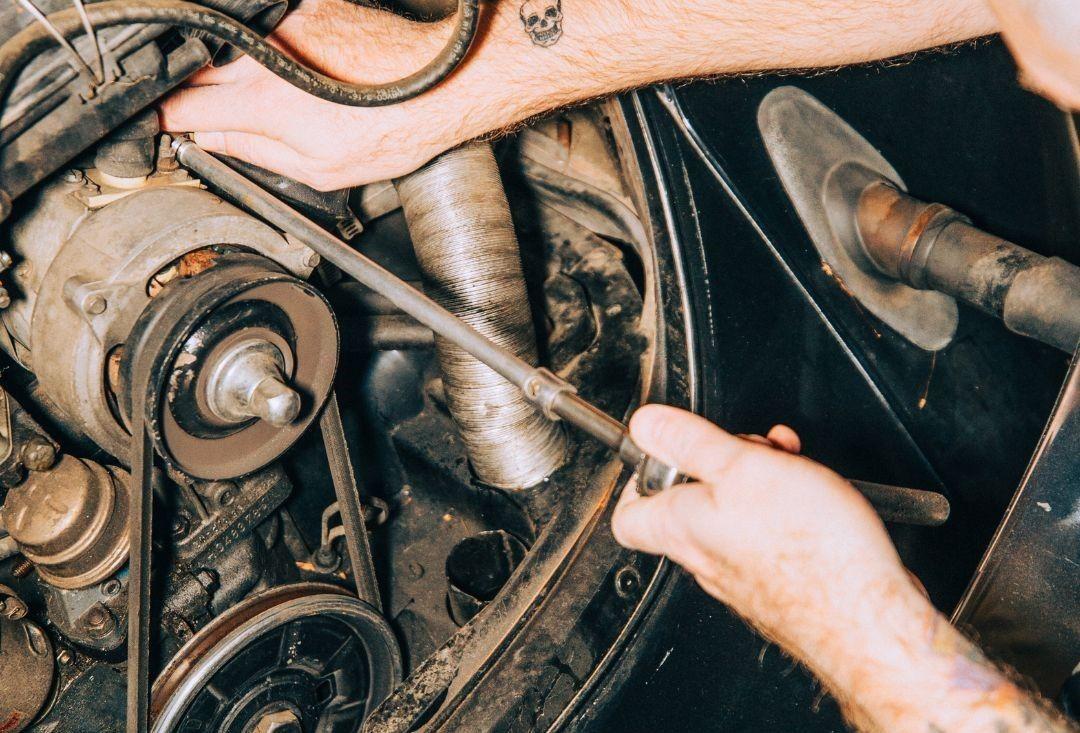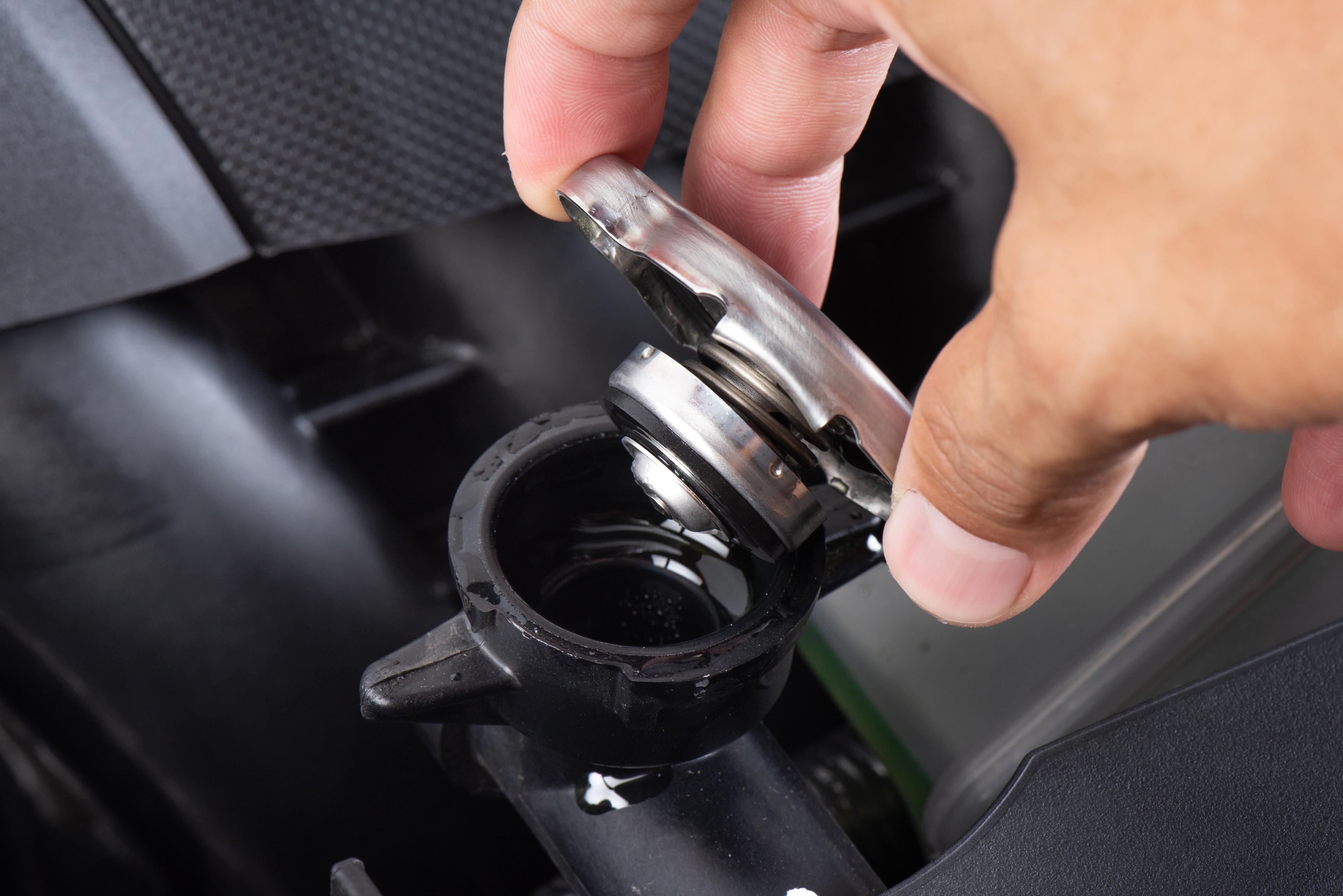
How Much Does A Transmission Fluid Change Cost?
Both manual and automatic gearboxes need a specific fluid or oil to ensure they operate correctly. But did you know you need to do a transmission oil change every now and then? This is your sign to book a gearbox service.
If you’re here, you’re likely wondering how much is a transmission fluid change. Keep reading because this blog covers typical gearbox service costs, why cars need transmission fluid, how often you need to change it, and more FAQs you were too afraid to ask.
Ready? Let’s get into it. Scroll to learn more about transmission fluid changes.
Transmission fluid change cost in the UK
The average cost of a transmission fluid change is between £200 in the UK.
The cost of draining and changing transmission fluid comes down to various factors, such as location and car make. Knowing your car’s factors can help you estimate the cost. But more on this below.
Worried about the cost of car repairs? Bumper is changing the world of car repair finance with 0% interest-free monthly installments. Find a service partner to get started.

Average costs for transmission fluid changes by car make
Different car models have different requirements when it comes to transmission fluid changes.
In this section, we'll provide a breakdown of the average cost for transmission fluid changes by car make in the UK to help you find an accurate estimate.
Car Make | Transmission Fluid Change Cost |
|---|---|
Audi | £150 to £250 |
BMW | £170 to £280 |
Ford | £130 to £200 |
Honda | £120 to £200 |
Mazda | £150 to £250 |
Mercedes | £150 to £300 |
Toyota | £130 to £200 |
Vauxhall | £125 to £200 |
Volkswagen | £140 to £225 |
Volvo | £150 to £300 |
What is transmission fluid?
Transmission fluid acts as a lubricant for the gears and other components within the transmission system, preventing them from grinding against each other and causing damage.
As a car owner, you may already be aware of the importance of regularly changing your engine oil, but many people forget that their car's transmission system also requires routine maintenance.
This is where transmission fluid comes into play.
Over time, this fluid can start to break down due to heat and pressure, leading to reduced performance or even complete failure of your car's transmission system. That's why it's important to have your transmission fluid changed regularly by a professional mechanic.
When people discuss changing transmission fluid, it can get confusing in the UK where many people drive manual cars and they need a different kind of service and fluid, a gearbox oil change.
If you use the wrong type of fluidin your automatic transmission or manual gearbox, then you can seriously damage your car and could need to replace the entire gearbox.
For more information, you can read our gearbox oil change cost guide.
Transmission fluid flush vs change
When it comes to changing the transmission fluid in your vehicle, there are two main methods that can be used: a flush or a change.
It's important to understand the difference between these methods to make an informed decision about which is best for your specific needs.
Transmission fluid flush
A flush involves using a machine to pump new fluid into the transmission while simultaneously pumping out the old fluid.
This method is often faster and more thorough than a simple change because it removes the old fluid from the system.
However, some mechanics caution against flushing as it may dislodge debris or particles that could cause problems later.
Transmission fluid change
On the other hand, a simple change involves draining out some of the old fluid and replacing it with fresh liquid.
This method is generally less expensive than a flush, but it doesn't completely remove all of the old fluid from your transmission.
While this might not be as thorough as a flush, many experts recommend doing regular changes rather than less frequent flushes.
Flushes vs fluid changes
Ultimately, both methods have pros and cons depending on what you're looking for in terms of cost and maintenance for your vehicle's transmission system.
If you're unsure which option is right for you, consult with an experienced mechanic who can help you make an informed decision based on your specific needs and budget constraints.

How many years does transmission fluid last?
Most manufacturers suggest changing your transmission fluid every 60,000 to 100,000 miles.
Like any other fluid or part, transmission fluid has its lifespan and needs to be changed periodically. It really depends on your car’s make and model, as not all cars have the same cooling capacity or oil needs.
Do driving conditions impact transmission fluid lifespan?
Yes, driving conditions can have a significant impact on how long transmission fluid lasts.
If you drive your car regularly in stop-and-go traffic or heavy loads often, your transmission will work harder than usual.
This increased workload means that the transmission's temperature will rise more frequently than if you were driving under normal circumstances. As a result, this causes wear and tear on the components inside the gearbox, leading to the degradation of internal parts and lubrication efficiency over time.
Do all vehicles need to change transmission fluid at the same time?
No. The type of vehicle also plays a crucial role in determining how long transmission fluid lasts.
Some cars may require more frequent changes due to their design specifications or unique performance requirements.
For example, sports cars with high-performance engines generally need more regular maintenance intervals for their transmissions than those with standard engines. When in doubt, contact your local garage or manufacturer.

What are the signs that you need a transmission fluid change?
If you notice any of the following symptoms, it may be time for a transmission fluid change:
Your car has difficulty shifting gears or slips out of gear
You hear unusual noises coming from the transmission
There is a burning smell coming from under the hood
The fluid appears dark or dirty
Ignoring these signs can lead to more serious problems down the line, such as damaged gears and even complete transmission failure. That's why it's crucial to change your transmission fluid when you notice any of these warning signals.
Does your car run better after a transmission fluid change?
Yes, by changing your transmission fluid regularly, you can improve your car's performance in three main ways.
1. Reduced friction
Firstly, the fresh fluid helps to reduce friction between components within the transmission system, resulting in smoother shifting and more efficient power transfer to the wheels.
2. Prevents overheating
Additionally, properly functioning transmission fluid can help prevent system overheating by dissipating heat generated during operation.
This helps maintain optimal operating temperatures, which leads to increased fuel efficiency and reduced wear on internal components over time.
3. Longer lifespan
Lastly, regular transmission fluid changes also help prolong the lifespan of critical components such as gears and bearings by reducing wear caused by contamination or lack of proper lubrication.
Will changing the transmission fluid stop slipping?
Transmission slipping is a problem that plagues many car owners, and many factors can cause it.
One common culprit is low transmission fluid levels. When there isn't enough fluid in the system, the gears may not be lubricated properly, causing them to slip or grind together rather than engage smoothly.
Many drivers wonder if changing their transmission fluid can fix this issue. The answer is:it depends.
Sometimes, simply adding more fluid to the system can solve the problem. However, if there are other underlying issues with the transmission (such as worn-out clutch plates or damaged seals), changing the fluid alone may not be enough to address slipping.
To better understand whether or not you should change your transmission fluid to fix slipping issues, it's best to consult an expert mechanic. They will be able to diagnose any underlying problems and give you advice on how best to proceed.
Transmission oil change costs - The takeaway
While it may seem like an unnecessary expense at first glance, investing in routine maintenance, such as a transmission fluid change, is essential for keeping your car running smoothly for years to come.
Taking care of your vehicle's needs now rather than waiting until major issues arise could save you time and money in future repairs or replacements.
How Bumper can help
Bumper can help you split the cost of car repairs and services.
Search for a reliable garage in your area by entering your registration and postcode with Bumper for car repair finance you can pay monthly with 0% interest.
Spread the cost, interest-free
Take the backfire out of fixing or replacing your exhaust. Pay later with Bumper.
Author - Joseph Law
Joseph has been writing about cars for over seven years and writing for Bumper for over two, blending his passion for automobiles with a talent for storytelling.
Joseph has written about engineering and cars for Autozilla, Komaspec, and several engineering manufacturers. When he's not writing or tinkering with one of his five cars, Joseph dreams of owning an Alfa Romeo 33 Stradale.
Split your car repair cost over monthly repayments interest-free.
Split the cost of your next repair
Other related articles from our blog

Advice
5 min read
How much does a VW Polo coolant leak repair cost?
VW Polo coolant leak repair costs can be anywhere from £50 to £450. Find out why prices range and see estimates for your repair cost online today.

Advice
5 min read
How much does a Volkswagen Tiguan Repair cost?
Volkswagen Tiguan repair costs can be anywhere from under £300 to over £800 depending on the car’s age and issue. See VW Tiguan repair costs online now.

Advice
5 min read
How much does it cost to repair a coolant leak on a VW Golf?
VW Golf coolant leak repair costs sit anywhere from £60 to £450, depending on the cause and severity of the issue. Find out what to expect from your repair now.